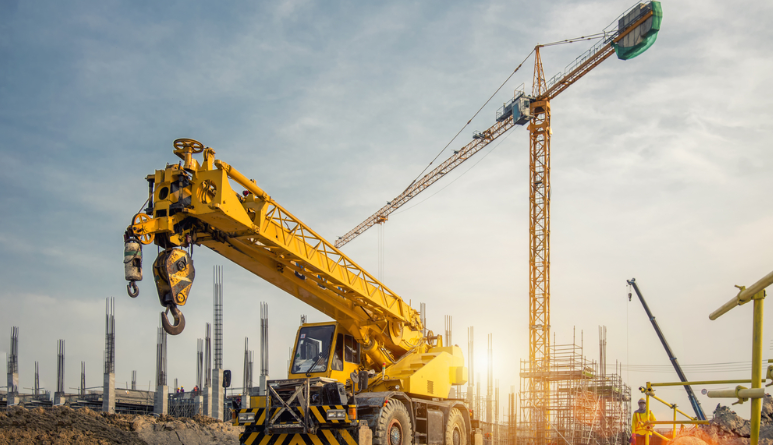5 Practical Tips for Buying Cranes
Buying a crane is a big decision for any business in construction, shipping, or heavy industry. A crane is a long-term investment and choosing the right one can save both time and money. The wrong choice can lead to costly repairs, downtime, and even safety problems.
That is why it is important to know what to look for before making a purchase. By understanding your project needs and considering the right factors, you can make a smart choice.
Understand Your Needs First
The first step to buying a crane is to understand exactly what you need. Every project is different, and cranes come in many types, such as mobile cranes, tower cranes, and overhead cranes. Think about the weight you need to lift, the height you need to reach, and how often the crane will be used.
For example, a small construction site might not need a heavy tower crane, but a large industrial project might require one. When you clearly understand your needs, you avoid spending money on a crane that is too small or too large for the job.
Check the Crane’s Safety and Reliability
Safety should always come first when buying a crane. A reliable crane reduces the chances of accidents and saves repair costs in the long run. Always ask for the crane’s safety certificates and maintenance records. Inspect the machine carefully to make sure it is in good working condition.
If you are buying a used crane, hire a professional to check the engine, hydraulics, and cables for wear and tear. A crane that meets safety standards will give you peace of mind and keep your team safe during operations.
Consider the Total Cost, Not Just the Price
Many buyers make the mistake of focusing only on the price of the crane. While the initial cost is important, the total cost of owning a crane includes fuel, maintenance, and spare parts. A cheaper crane may end up costing more if it requires frequent repairs or consumes a lot of fuel.
On the other hand, a well-maintained crane with lower running costs might be a better investment. Always think about the long-term expenses before making your decision.
Look for After-Sales Support
Good after-sales support can save you from many future problems. A crane supplier that offers reliable customer service, spare parts, and maintenance support is always a better choice. If something goes wrong with the crane, you want quick help to reduce downtime.
Check the reputation of the dealer and ask other buyers about their experience. Choosing a supplier who stands by their product ensures you get the help you need when it matters most.
Test Before You Buy
Finally, testing the crane before buying is very important. A test run allows you to see how the crane performs under real conditions. You can check how smoothly it moves, how easy it is to operate, and if it meets your lifting needs.
Testing also helps you find any hidden problems that are not visible during an inspection. A short test can prevent long-term headaches and give you confidence in your purchase.
Conclusion
Buying a crane requires careful planning and attention to detail. By understanding your needs, focusing on safety, considering total costs, ensuring good after-sales support, and testing the crane, you can make a smart and safe investment.
The right crane will make your work easier, safer, and more efficient, helping your business grow without unnecessary risks.
